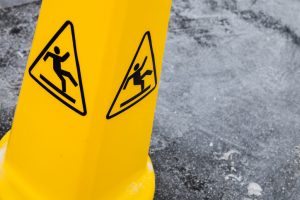According to the American Animal Hospital Association (AAHA), nearly five million people are bitten by dogs in the U.S. every year, many of them children bitten by pets. Dog bites can cause severe puncture wounds and lacerations, and even serious tissue and nerve damage if the bite is deep enough, and transmit diseases including rabies.
In most personal injury cases, the onus is on the person who brings the lawsuit to prove that the defendant’s negligent acts caused them measurable harm. Dog bite cases are among the few exceptions. Dog owners in New Jersey are subject to strict liability for bite injuries caused by their dogs, which means that the bite victim doesn’t have to prove the owner neglected to use reasonable care to successfully sue for damages in most instances.
New Jersey Statutes section 4:19-16 imposes automatic liability on the dog’s owner 1) when the person bitten is in a public place or lawfully in a private place, 2) regardless of any prior aggression by the dog or its owner’s knowledge of it. The owner is liable even if he or she took reasonable steps to leash or restrain the dog and even if it has never bitten or hurt anyone before.
 New Jersey Lawyer Blog
New Jersey Lawyer Blog


